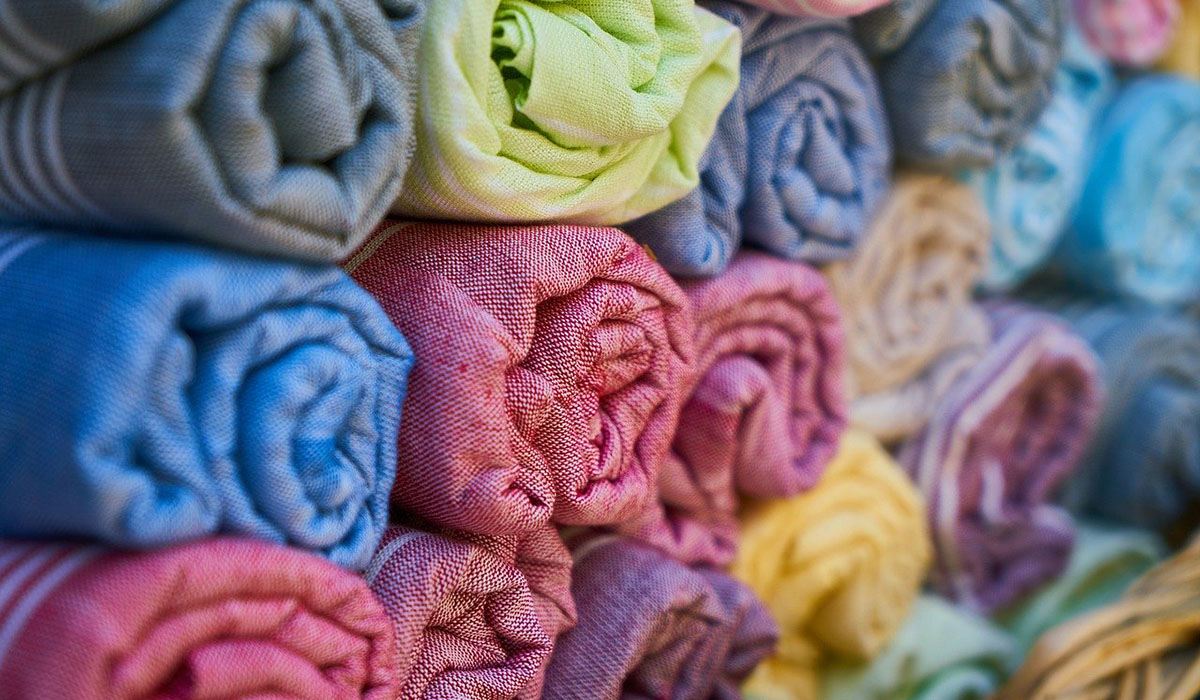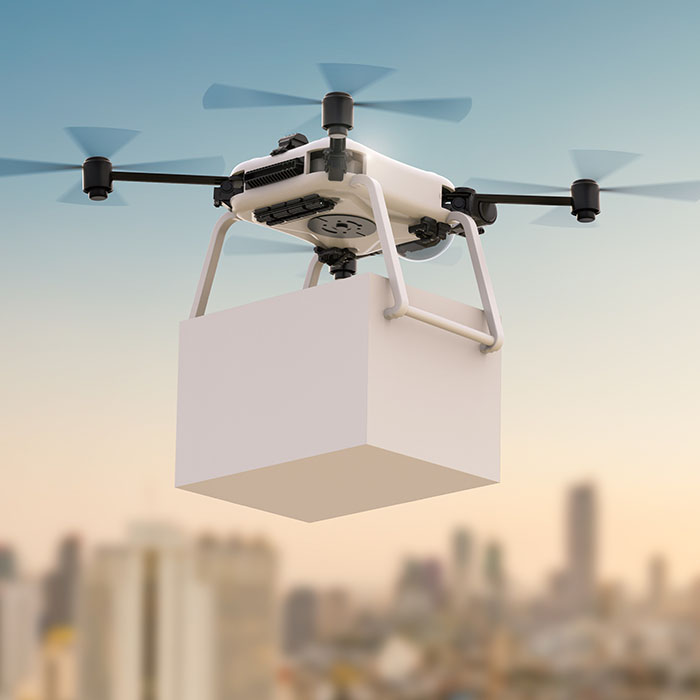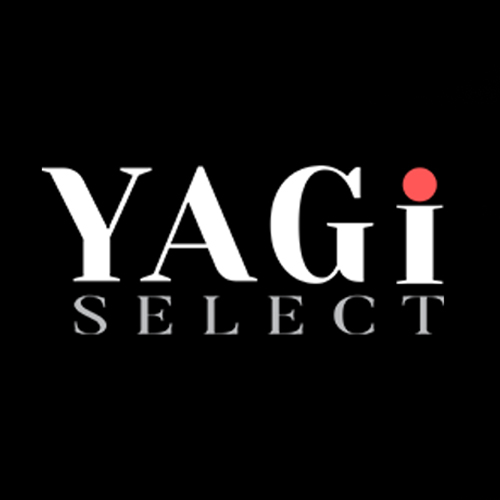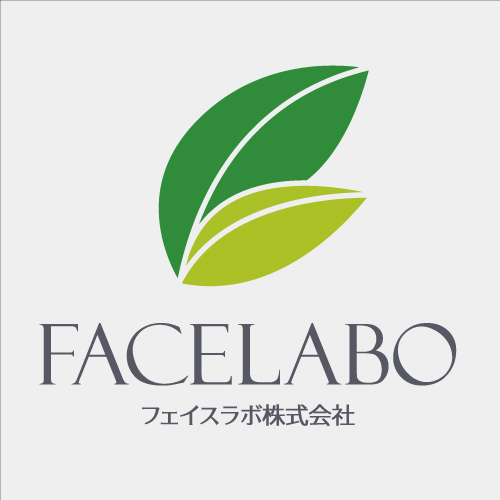July 23, 2025
Nurturing a New Generation of Sake Brewers through Third-Party Business Succession
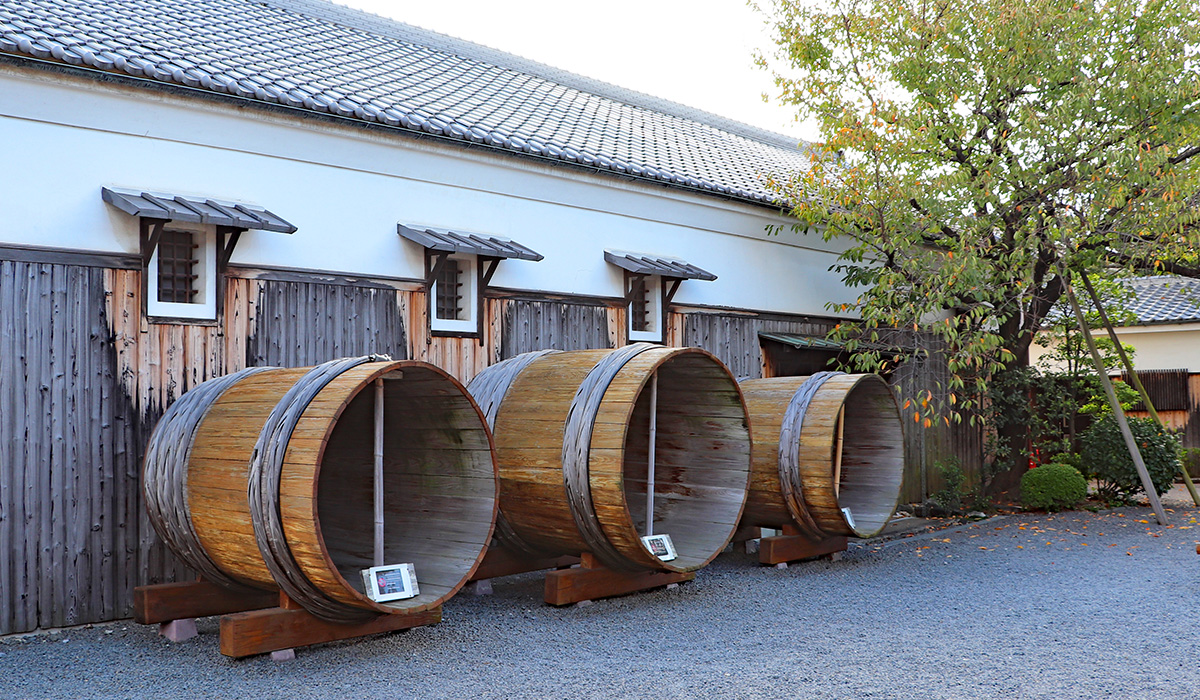
Japan’s sake industry is facing a sharp decline in brewery numbers due to a lack of successors. At the same time, new manufacturing licenses are difficult to obtain. As a result, more third-party entrepreneurs are taking over existing breweries to begin sake production. Craft sake producers are also gaining visibility, with many young brewers actively working to spread sake culture.
Under current regulations, only sake made with domestically grown rice and brewed in Japan can be sold as "sake," and a special license is required. However, the National Tax Agency has effectively stopped issuing new permits to control supply. Business succession now offers a key path for launching new breweries.
Domestic sake consumption continues to fall, dropping from 1.67 million kiloliters in 1975 to a projected 390,000 kiloliters in fiscal 2023. Meanwhile, the number of licensed breweries has more than halved. In contrast, exports are growing. In 2024, export volume is estimated at 31,000 kiloliters, twice the amount of a decade ago. Export value has reached 43.5 billion yen, almost four times higher than ten years earlier.
Konohana Brewery in Asakusa, Tokyo, is a small-scale urban brewery that operates in just 10 tsubo (approximately 33 square meters). It has full in-house brewing facilities and began producing export-oriented sake under a deregulated export license introduced in 2021. Located near tourist hotspots, the attached restaurant is popular with foreign visitors. The brewing team includes international staff, such as a brewer from Italy. Manager Yosuke Hosoi notes that overseas guests enjoy both traditional and craft sake as "SAKE."
Hosoi entrusts operations to younger brewers aiming for independence. The current head brewer, Yuzuki Kimura (29), also produces craft sake using unconventional ingredients like ground cherries and bonito flakes. He values receiving customer feedback directly and uses it to refine his brewing.
Professor Yasuyuki Kishi of Niigata University emphasizes that sake is not only a cultural asset but also a valuable tourism resource tied to local economies. He adds that both traditional and craft sake markets should grow together and that future brewers will need technical expertise and a spirit of innovation.
